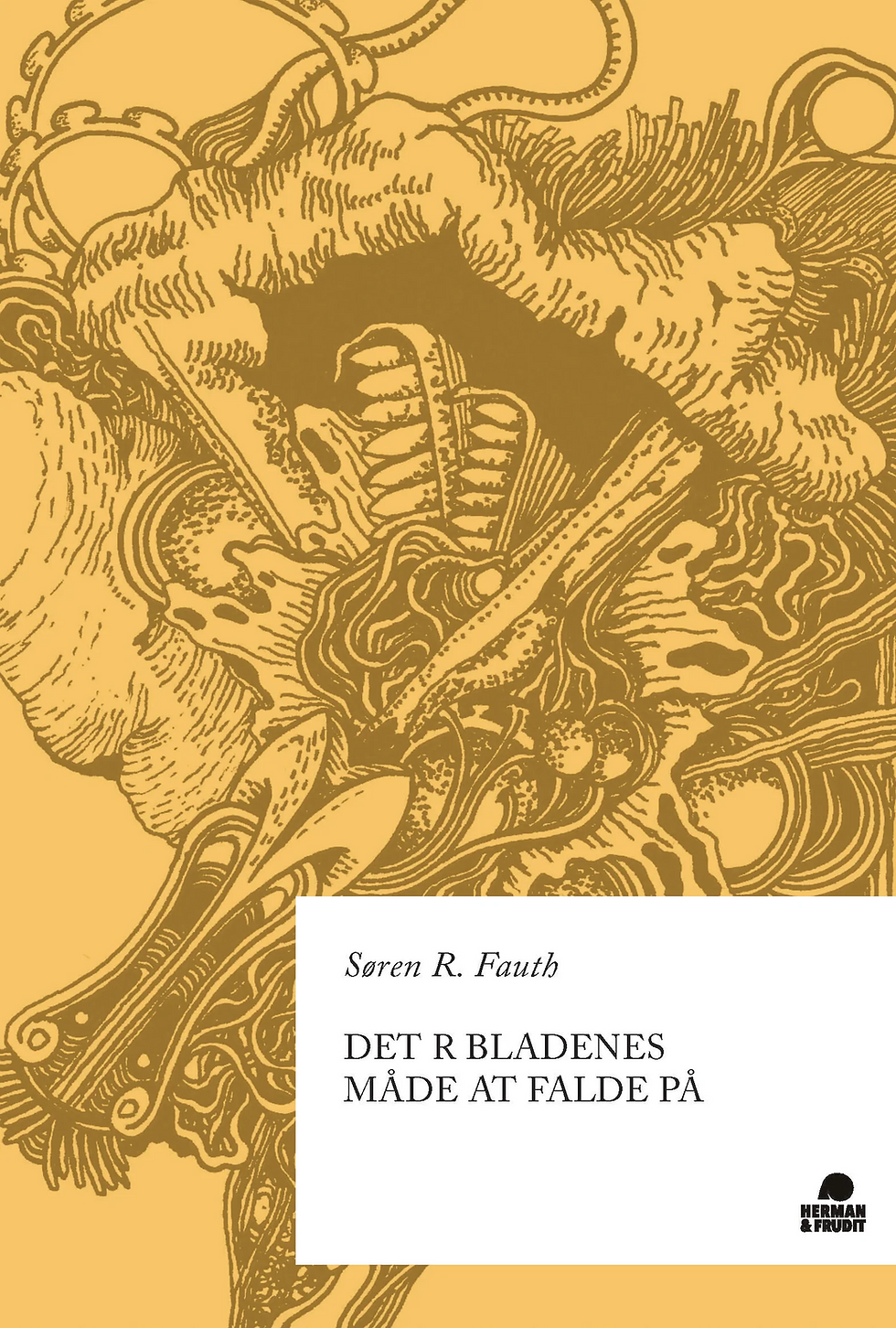Kevin Davies PAUSE BUTTON (1992)
- Matt Travers
- Jan 18, 2021
- 3 min read

Imagine a novel as complex as Joyce’s ‘Ulysses’ pared down of almost every stretch of narrative continuity so that all we had left were, say, 2000 words in fragments taken at random from its 1000 pages. It would be hard to follow, nigh on impossible, but could the trained eye perceive a great organising intellect at work? Such is the effect we have with Kevin Davies, whose poetry, despite the irreverent understated title, and a verse style which on the page initially looks more post-modern cut up than neo-classical, I contend, is stolidly grounded in the German revival of the Greeks as found in the Jena Romantics. In particular, Friedrich Schlegel’s flickering ruminations shed light on its form: “[a] fragment, like a small work of art, has to be entirely isolated from the surrounding world and be complete in itself like a hedgehog,” (Athenaeumsfragment 206) and each unit has a kind of “logical beauty” which is present to us through a “selective flashing” (which might have been a good alternative title). You don’t need a philosophy degree to enjoy. It’s obvious to any reader that the presence of Davies is like that of the oracular priest, offering us wisdom which we need to complete. What's more, Davies deploys a lot of classical rhetorical devices from the poet’s toolbox, most notably, double syntax, omission, and brilliant enjambments, like ‘Life like’ His continuous use of ellipsis is a typographic reminder of the elliptical messages therein. In his hands, the square brackets have many, many functions: they get readers to gap fill through implicature and see the pun: [ ] worse, inner world, or outer world? They can be used to insert words into stock sentences which shouldn’t be there, and reveal their mechanism, they can make portmanteau words with the letters outside the bracket, they can be expanded to gigantic page-size proportions to indicate a middle passage, and they can give us clues on how to read, as if our the air in our throats had been cut off, well… [like] [a] [pause button] Is Kevin Davies work a realism of what it's like to be immersed in the multimedia age? Partly, his use of ‘found language’ (whether at the level of the sentence or the phrase) from different registers and jargon would seem to indicate that. Here’s something that might be culled from a social worker's pamphlet: ‘A marital art might be just the right addition to the crisis situation’ Like the predictive text function, we often don’t need to hear the whole sentence to hear the cliché that he has echoed and detourné’d into a postmodern epigram. It’s a bit like hearing snippets of a pop song on the radio: you don’t need to know much for your heart to sink---and then, blam! He has inverted its meaning in a way which thrills, usually through ironic humour: ‘If you’re so smart why are you a social worker?’ Sometimes they make subtle allusions to dark precursors; music via Rimbaud, is said to be ‘systematically deranged’, while at other times Davies sours the glossy sheen of the American Good Doctor: ‘A white bucket Full of poisonous rainwater In the back yard Near the shed Please don’t Cut off our gas’ As noted by a WC Williams without the day job. The echoes of great works are sometimes so fine and filigree that it’s difficult to know whether you’re just confusing things which aren’t meant to be there, and what does it matter if they are? Am I the only one who hears a redacted Cherry Orchard in the section beginning with: ‘They cut down that tree Out of sheer meanness’ Perhaps Chekhov, another arch-ironist, and, for his time, workaday minimalist, is a model for Davies’s unselfish politics: ‘There are things we live next to, & to know them Is to blur the borders of ourselves’ And the rare beats of humanitarian compassion and beauty which lift his work beyond satire: ‘Beauty of flashed light On even the most ravaged face.’ Kevin Davies, PBK [Pause Button King]



Comments